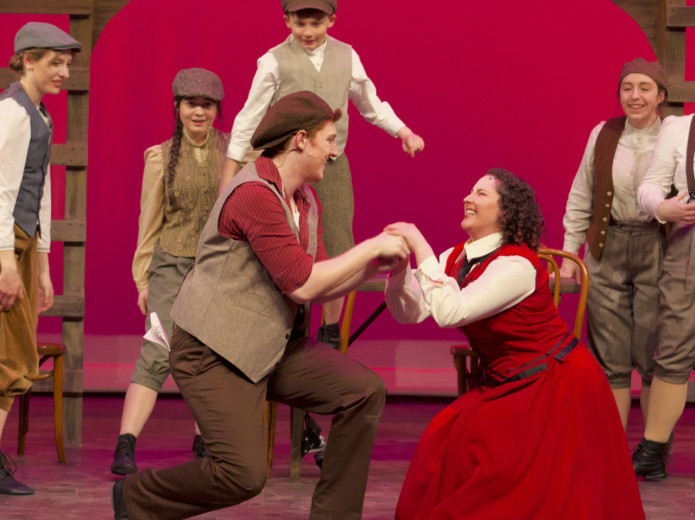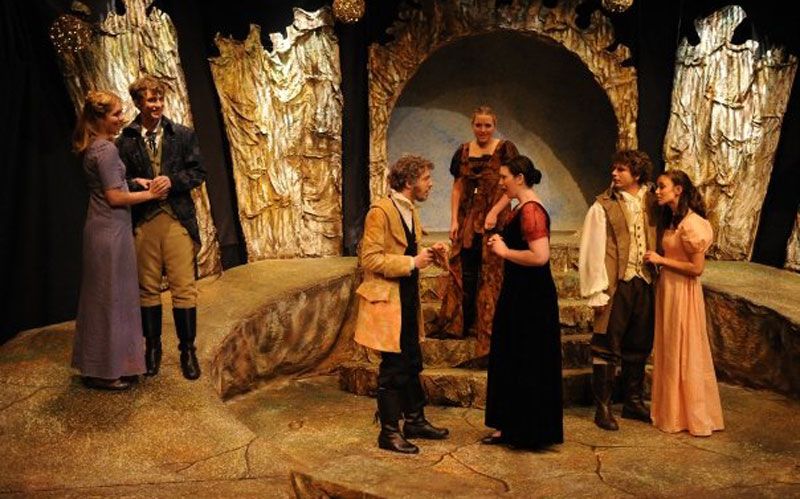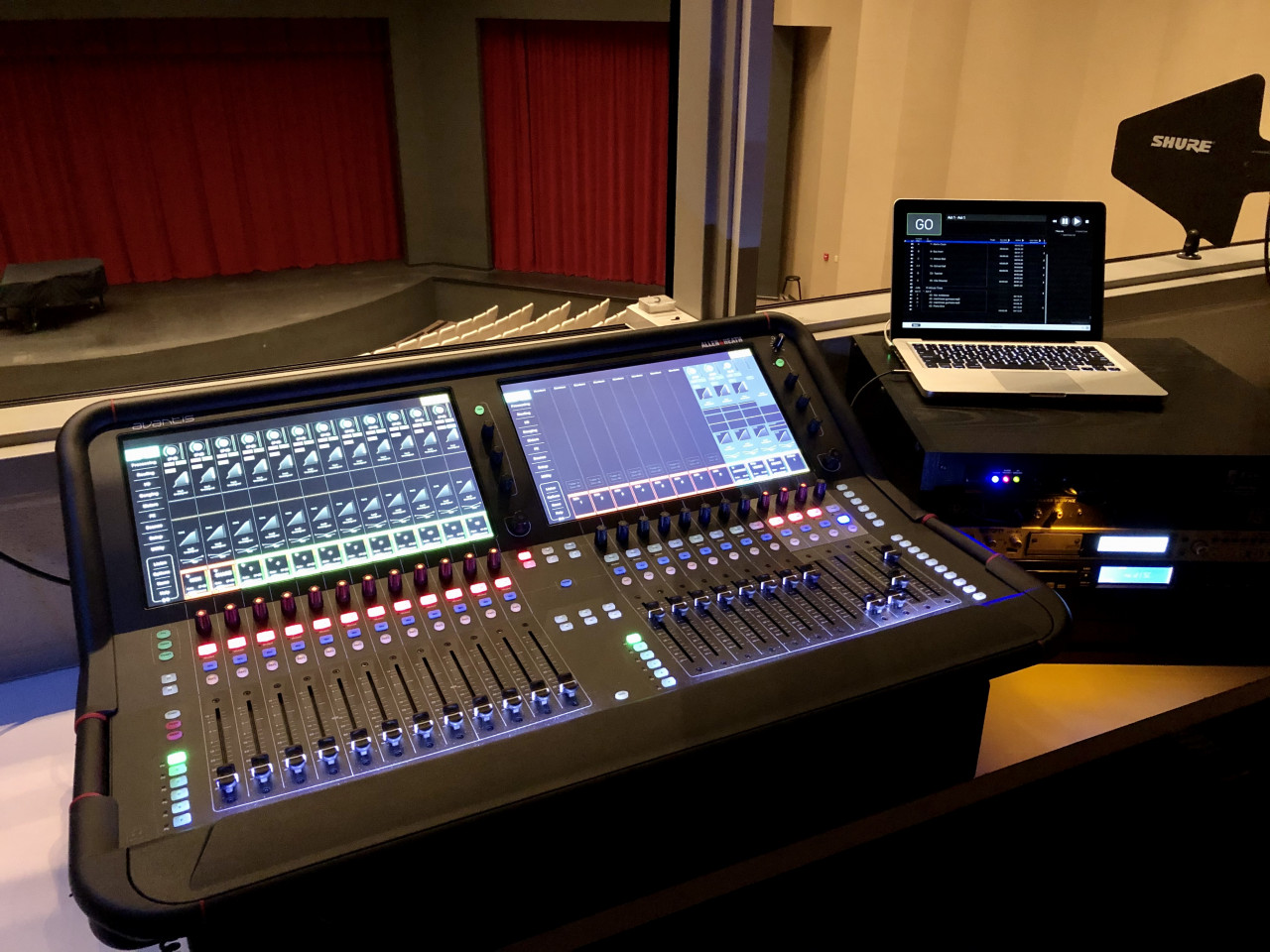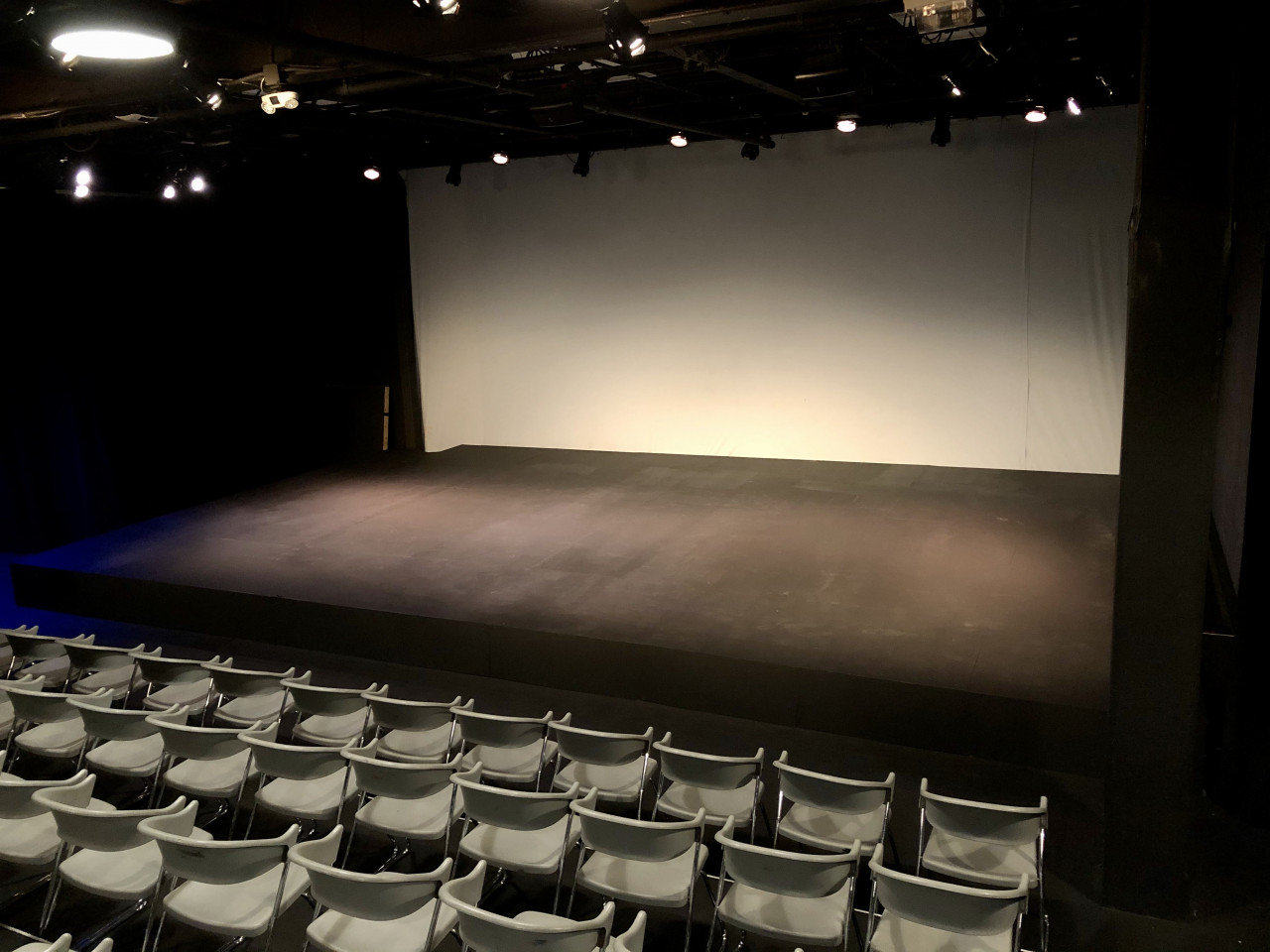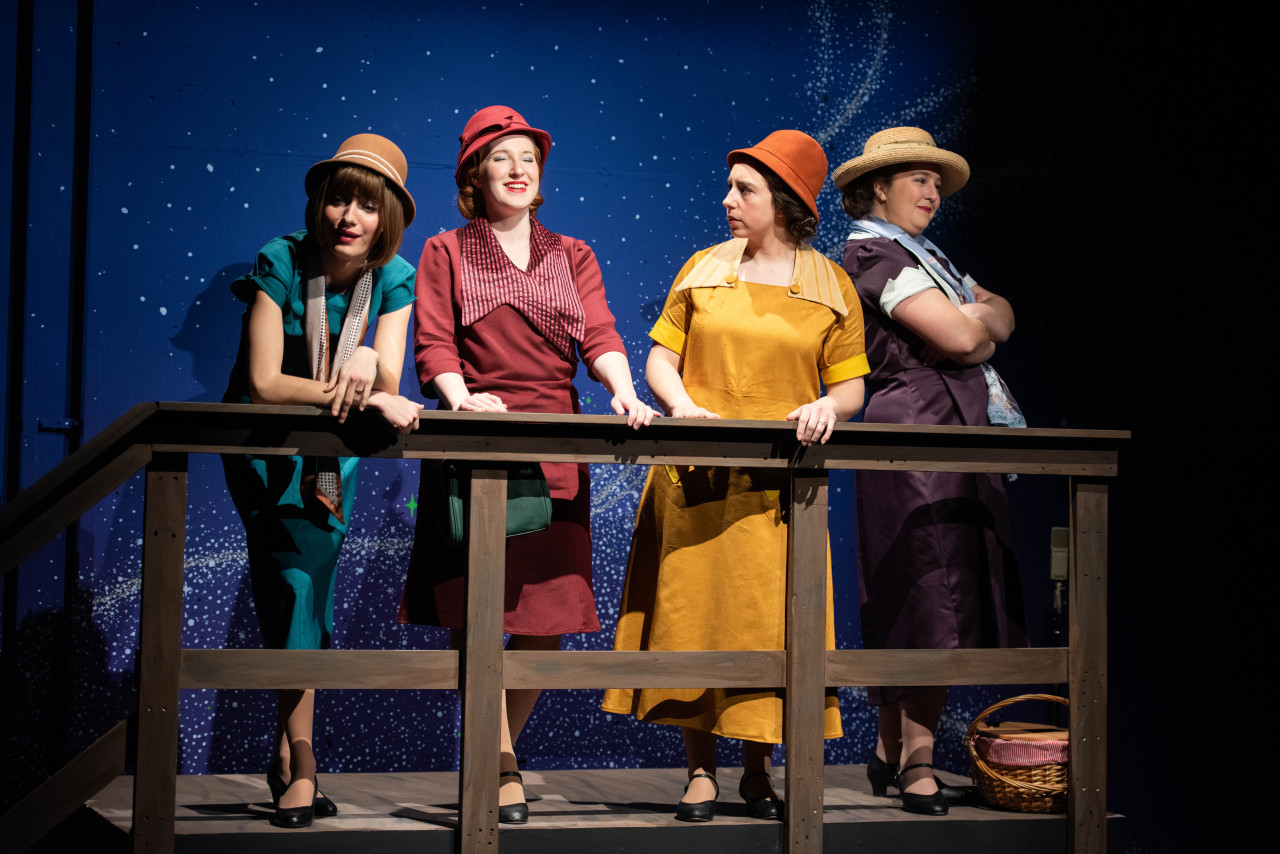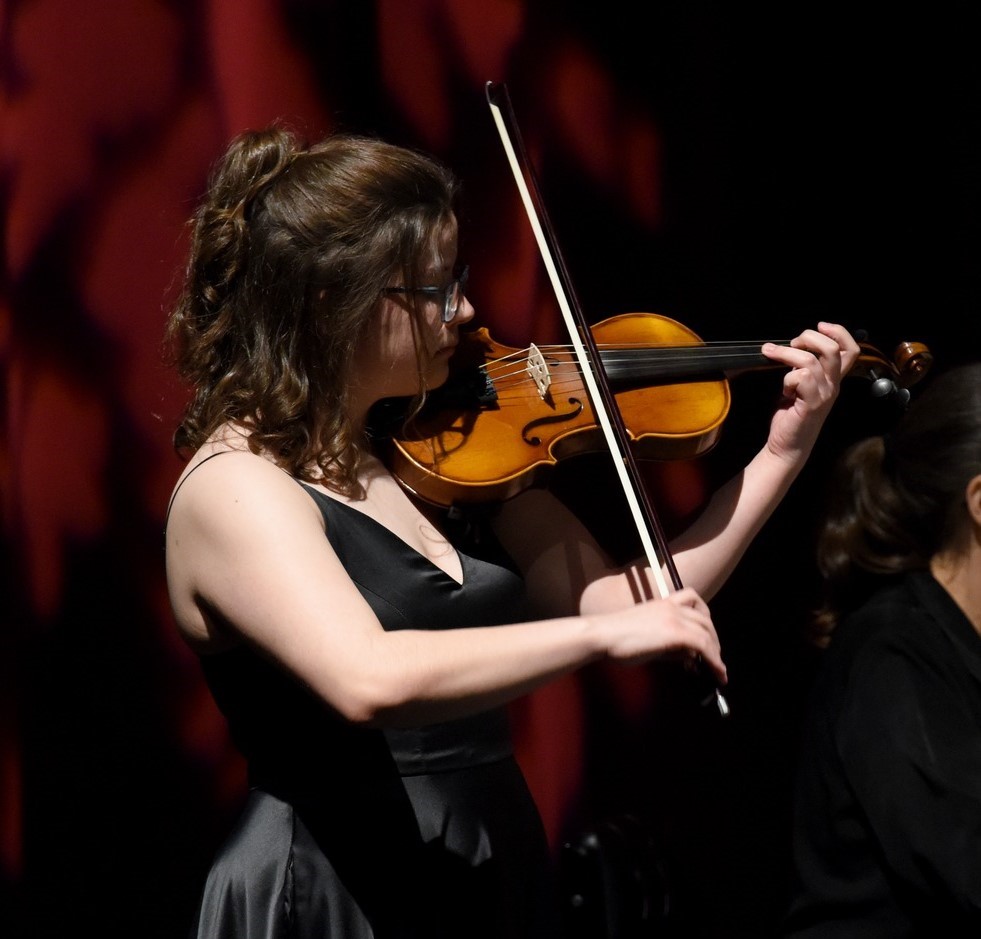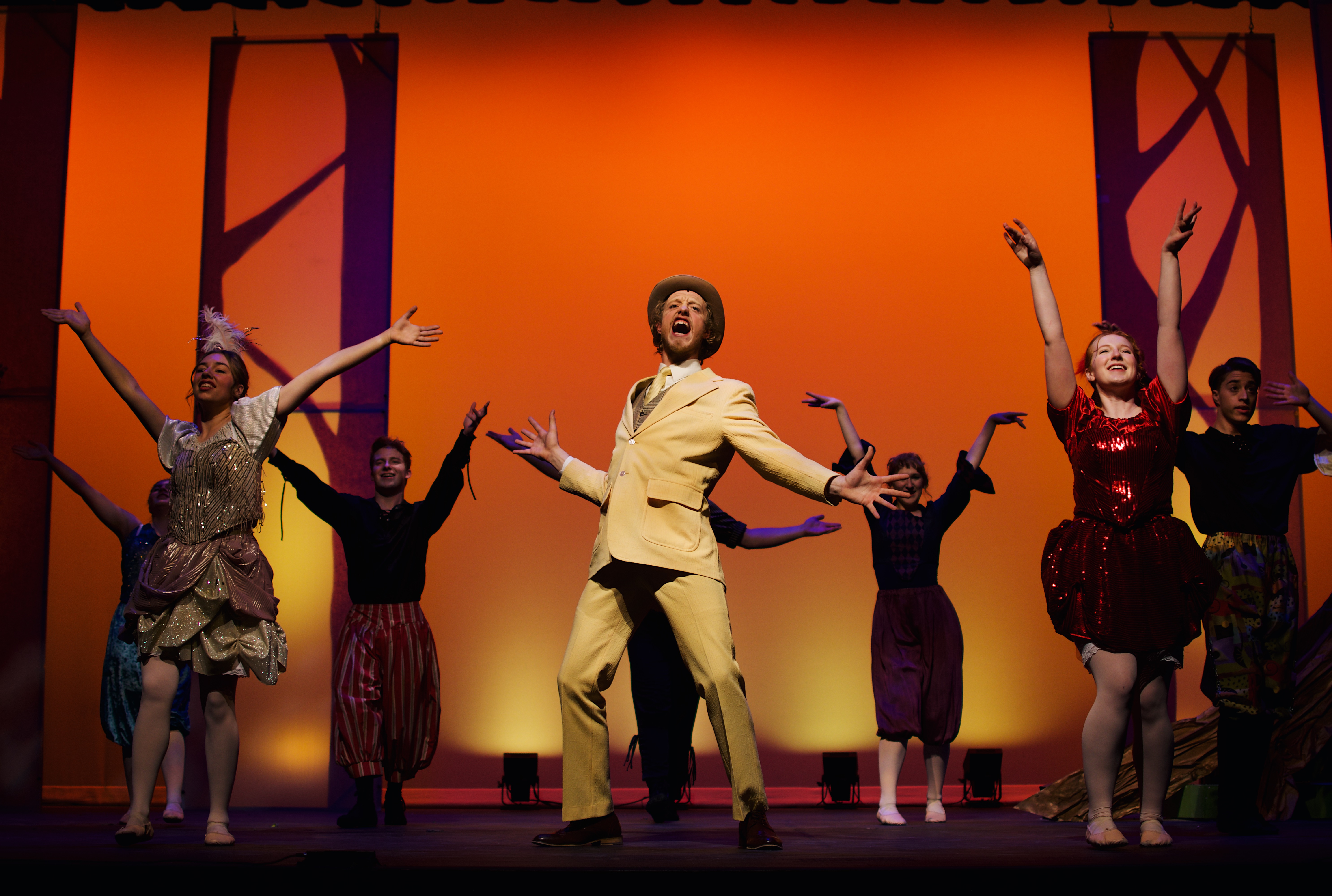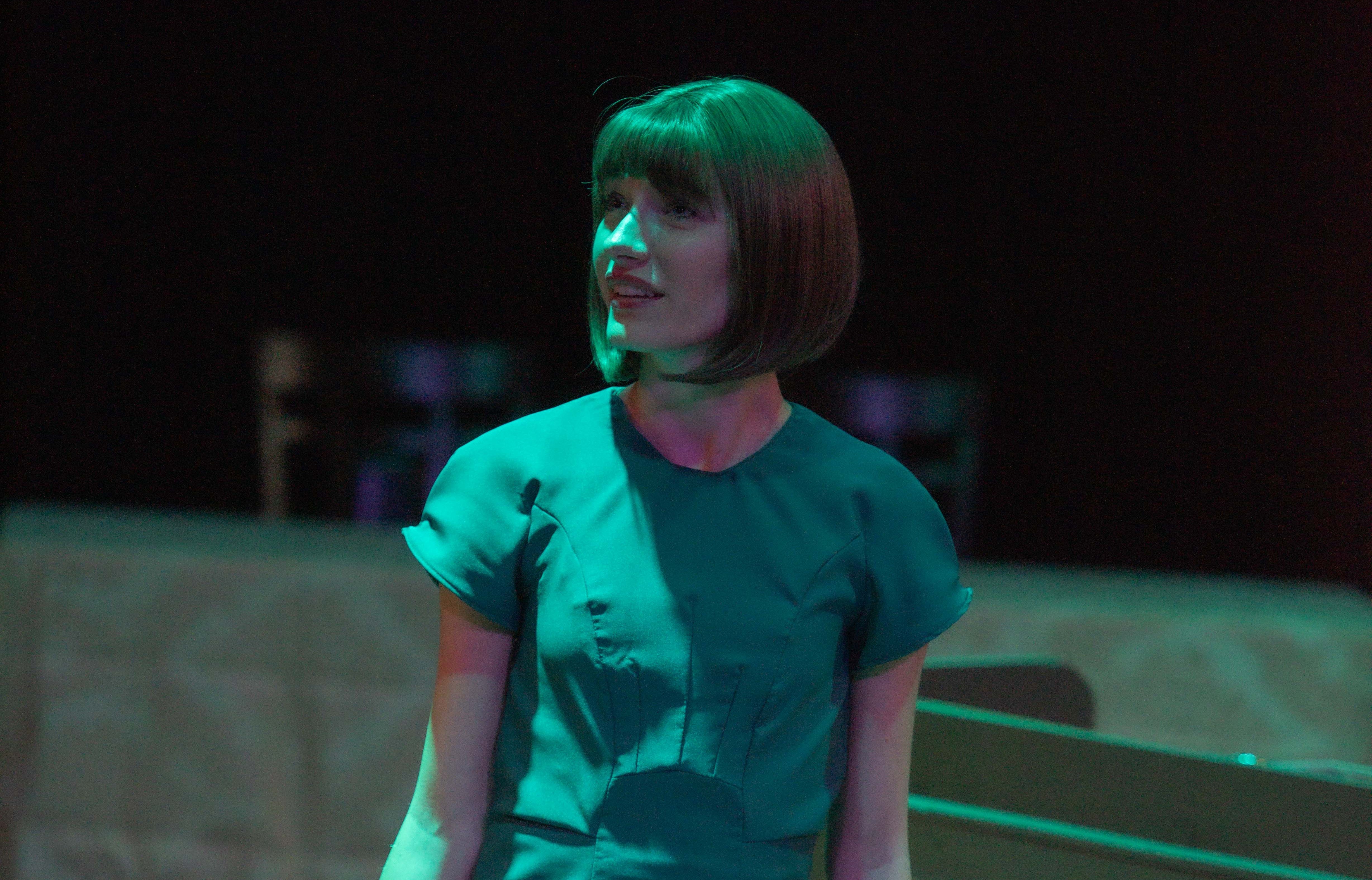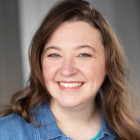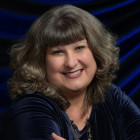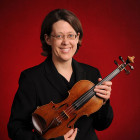Performing Arts Opportunities
Participation in the Performing Arts enhances a functional knowledge of the language and grammar of music and theatre. Participation is open to any student, regardless of major, and credits earned may apply toward the Creative Arts Immersive experience and will count as elective credit toward overall graduation requirements.
MUA 01 Class Piano I - Beginning Level One (1 credit - Fall, Spring) For beginning pianists, this class focuses on the development of music reading, basic piano facility and motor skills. For music majors whose primary applied area is not keyboard, this course is the first in a four-semester sequence in preparation for the piano proficiency exam. The class covers Level One of Alfred’s Basic Adult Piano Course. Technical study includes five-note scales with varied articulations, all triads, major arpeggios, pedal use, harmonization and transposition of melodies and sight reading.
MUA 02 Class Piano II - Beginning Level Two (1 credit - Fall, Spring) A continuation of MU A01. Technical study includes all one-octave major and minor scales, all major/minor arpeggios, triad and seventh chord inversions, chord progressions, greater depth in harmonization/transposition of melodies and sight reading. Prerequisite: MU A01
MUA 03 Class Piano III - Intermediate Level One (1 credit - Fall, Spring) A continuation of MU A02. Technical study includes one-octave major/minor scales and arpeggios, with more advanced chord progressions and resolutions, harmonization/transposition of melodies and sight reading. Prerequisite: MU A02
MUA 04 Class Piano IV - Intermediate Level Two (1 credit - Fall, Spring) A continuation of MU A03. Repertoire focus is on proficiency pieces. Proficiency level is achieved in scales, arpeggios, chord progressions/resolutions, harmonization/transposition and sight reading. Prerequisite: MU A03
MUA 06 Class Voice I - Beginning (1 credit - Fall, Spring) Class voice is a group setting in which students learn the basics of singing. Students in this class will learn proper technique in voice production. Repertoire covered includes art songs, arias, folk songs and musicals. Students are expected to sing in front of the class and to practice consistently.
MUA 08 Class Guitar I - Beginning (1 credit - Fall, Spring) This course is intended for students who have no experience playing the guitar. The focus is on fundamental skills needed to play worship music, including reading traditional sheet music, tablature and chord charts. Students will learn to play finger-style and with a pick, identify and play chords and scales, strum basic patterns and tune the guitar. Emphasis is on formal technique through contemporary praise and worship and folk repertoire. Students provide their own acoustic guitar in good playing condition. Nylon strings are recommended.
MUP 12 Concert Choir (0 to 1 credits - Fall, Spring) The Concert Choir is a mixed choral ensemble and normally tours during the spring semester. Meets four and a half hours per week. Repertoire includes major choral literature, early music and contemporary works for chorus.
MUP 20 Symphonic Band (0 to 1 credits - Fall, Spring) For wind, brass and percussion performers, the symphonic band performs standard band literature and provides on- and off-campus performances. May include musicians from the community in addition to students and faculty.
MUP 21 Chamber Orchestra (0 to 1 credits - Fall, Spring) The chamber orchestra is open to all string players by audition and performs standard chamber string literature. The chamber strings occasionally join with wind players from the Wind Ensemble to perform standard orchestral literature. Meets two hours per week with additional rehearsals scheduled for pit work. Usually includes one or two performances per semester plus pit work for shows. May include musicians from the community in addition to students and faculty.
TH 101 Fundamentals of Tap (1 credit - Spring Odd Years) This dance intensive course will introduce students to the fundamentals of tap dancing. Students will master basic tap techniques and learn a few short routines. Tap shoes (not provided) are required for this course and should be acquired prior to the first day of class.
TH 331 Selected Topics in Theatre (1 to 3 credits) Selected topics or studies in theatre will be offered as needed and based on student interest. May be repeated for credit in different topics.
TH 391 Play Production: Technical (0 to 1 credit - Fall, Spring) Practical experience in technical theatre wherein students assist in the production of a play/musical with possible emphasis on scene design, scene building, scene painting, makeup, costuming, lighting, props, sound, stage management, house management or backstage crew duties. May be repeated for credit up to three times. Prerequisite: Consent
TH 392 Play Production: Acting (0 to 1 credit - Fall, Spring) Practical experience in acting and performance is provided in scheduled productions. Student must audition and be cast in a production prior to adding the course. May be repeated for credit up to three times. Prerequisite: Consent
Helpful Information

Performing Arts Scholarships
Performance scholarships are available for talented students who wish to participate in music or theatre productions as part of their undergraduate experience.

2025-2026 Performing Arts Season
From family-friendly musicals to dramatic plays and jazz concerts, our 2025-2026 Performing Arts season celebrates the talents God has given our performers and invites you to be part of the magic.
